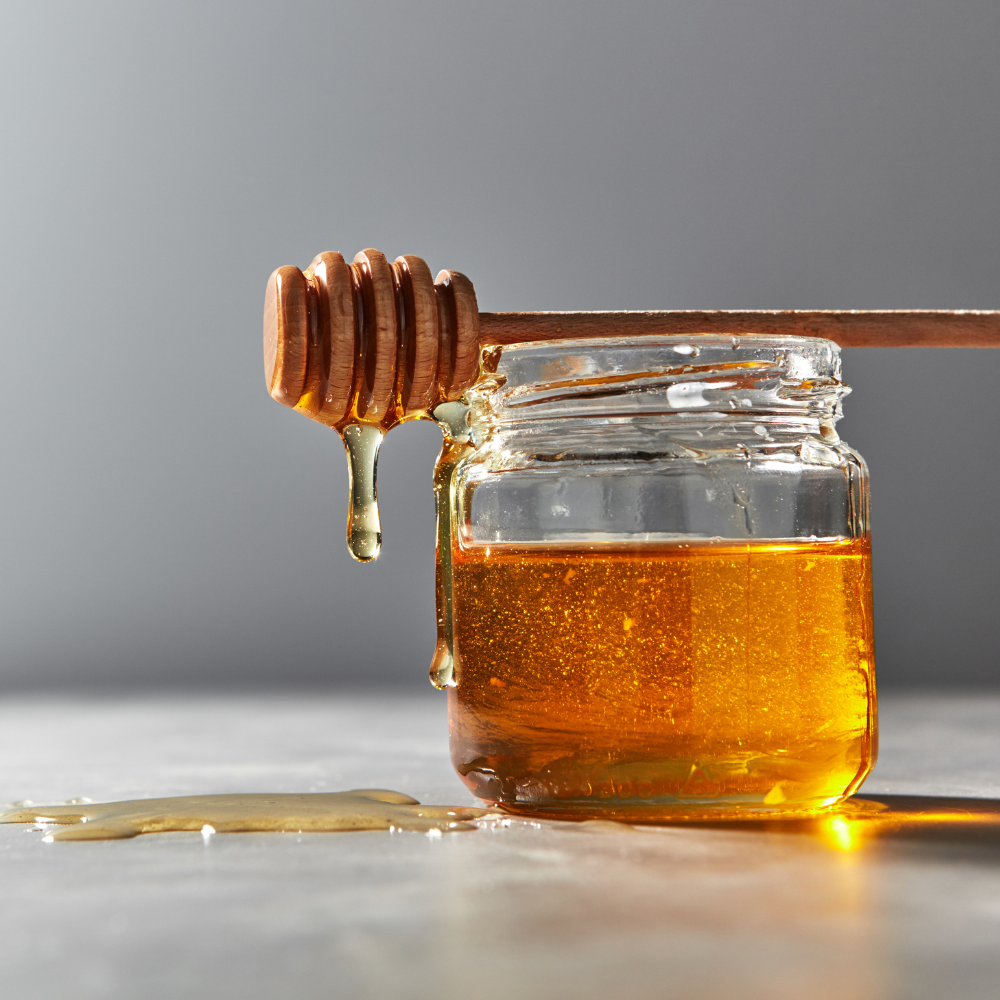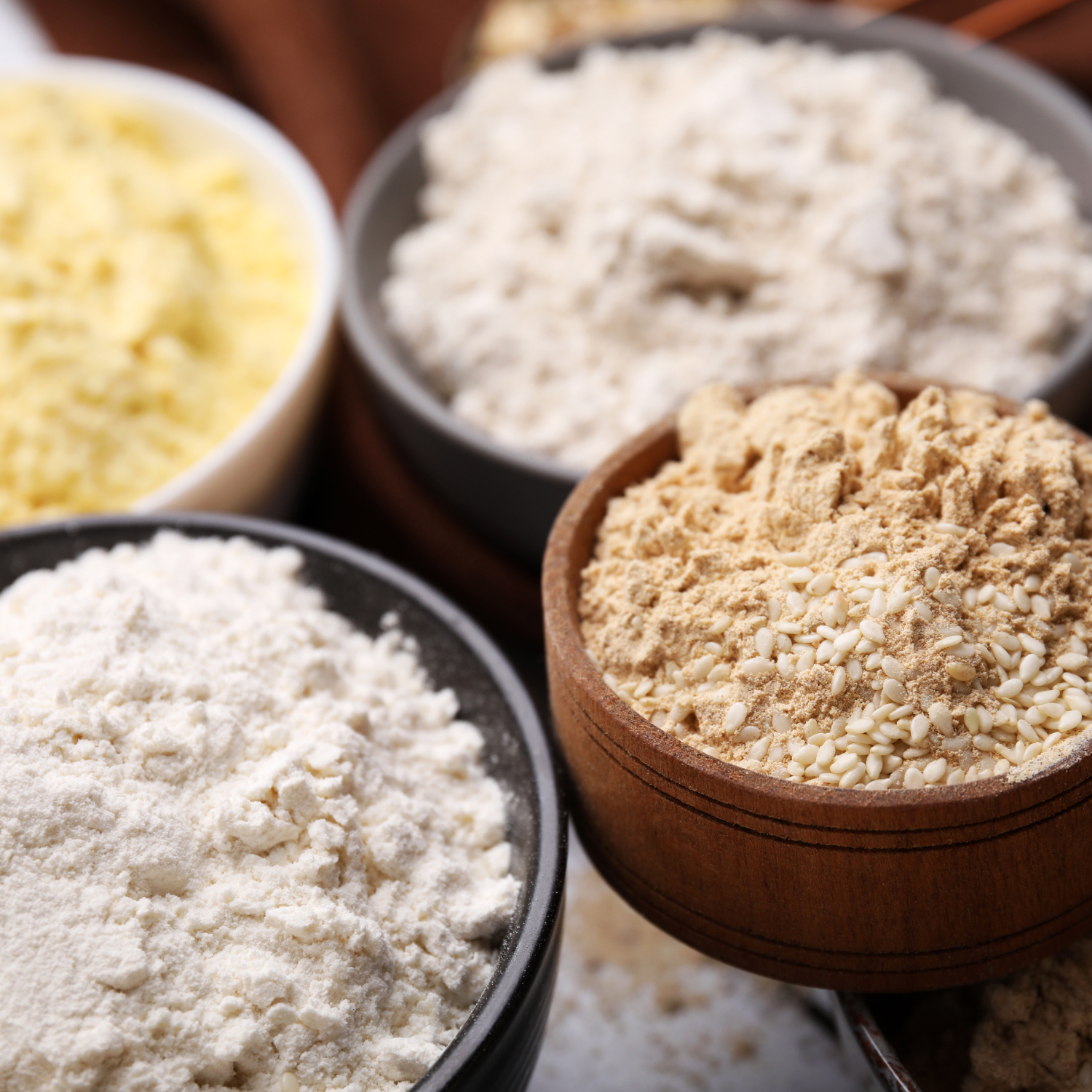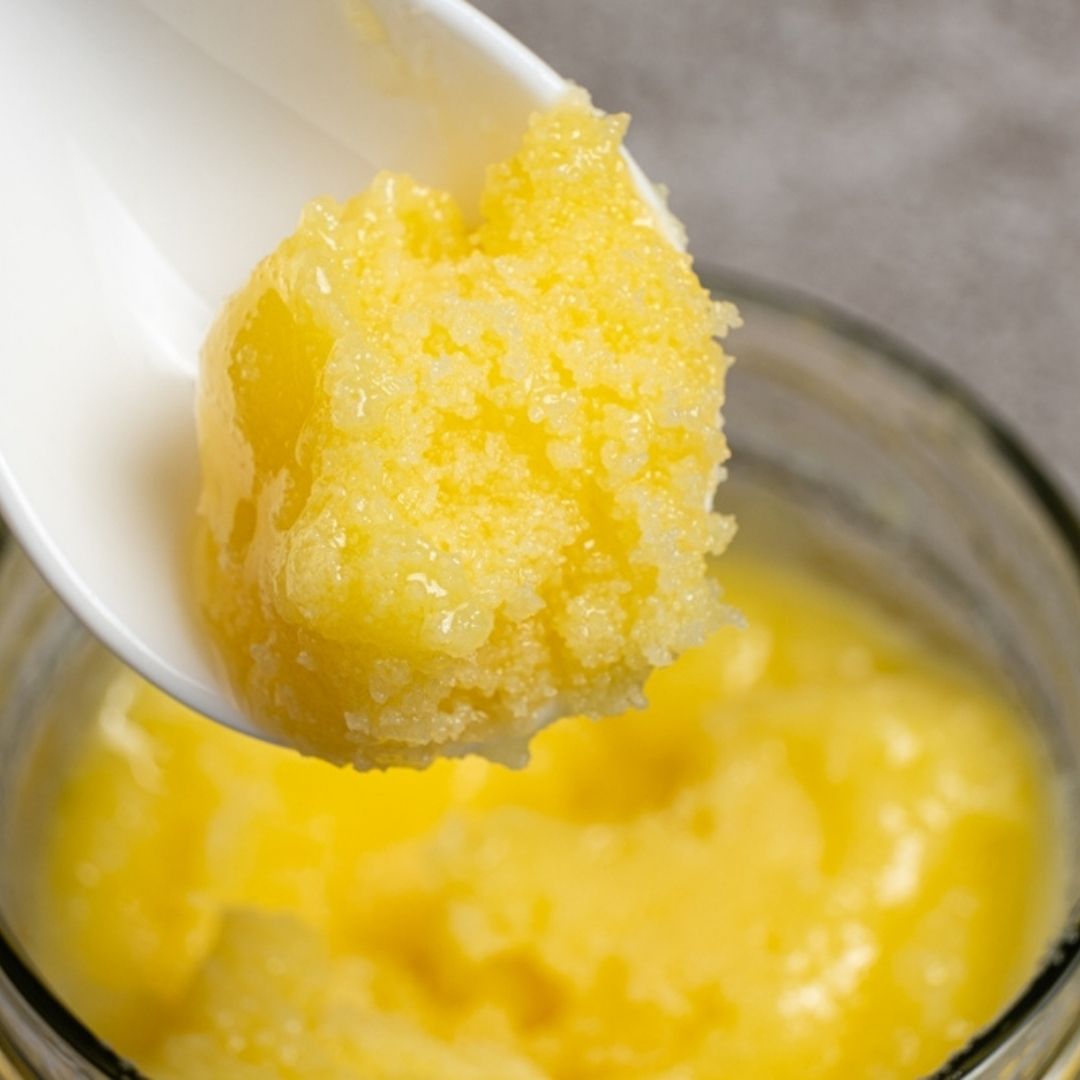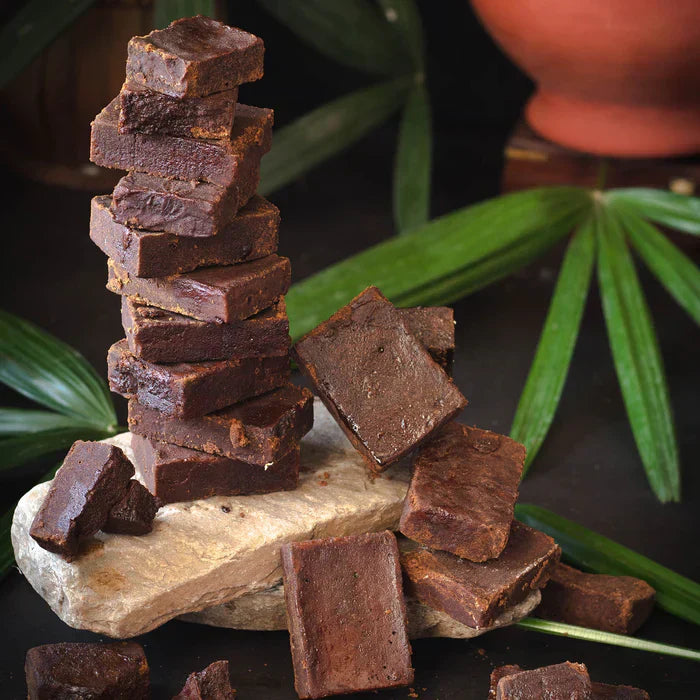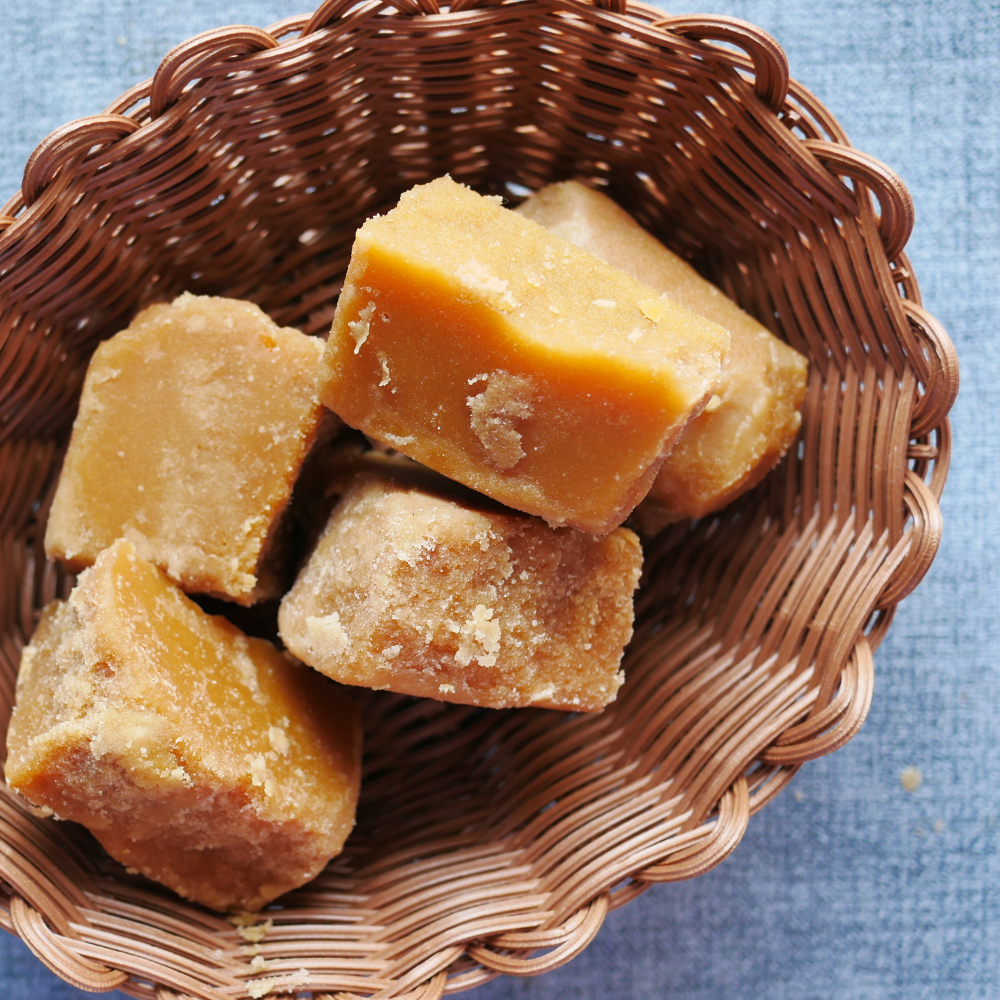Because of its many health advantages and therapeutic qualities, honey has been utilized for millennia. It is a natural sweetener that enhances the flavor of our food and has numerous health advantages. Honey's medicinal qualities, which range from boosting immune system performance to mending wounds, have long been acknowledged in conventional medicine and are now backed by contemporary scientific studies. We'll look at the health advantages of honey consumption, its nutritional makeup, and how it can help with a range of ailments in this blog.

The Natural Sweetener: Revealing Honey's Advantages
Honey has several health advantages in addition to being a natural sweetener. Rich in antioxidants, it lowers the risk of chronic illnesses and combats free radicals. Honey adds nutrition to our diet because of its special blend of vitamins, minerals, and amino acids. Honey eating on a regular basis has been associated with a stronger immune system, better digestion, and heart health. Honey also possesses antibacterial qualities that aid in the healing of wounds and the fight against infections. By adding honey to our everyday diet, we may replace processed sweets with a natural and healthier option.
Using honey in both conventional and modern medicine
Because honey has so many health benefits, traditional medicine has been using it for generations. Honey is highly regarded in Ayurvedic medicine for its therapeutic qualities, which include fat burning, cleansing, and wound healing. The therapeutic potential of honey in wound treatment has also been recognized by contemporary scientific studies. According to clinical research, honey helps wounds heal more quickly, lowers the chance of infection, and creates the ideal moist environment for healing. Honey is a useful natural treatment for a variety of skin issues and minor wounds because of its antibacterial and anti-inflammatory qualities. Honey is a useful tool for promoting health since its usage in wound treatment has earned attention in both traditional and modern medicine.

Honey's Healing Properties for Wounds
Honey's extraordinary ability to heal wounds has long been known. Honey's antimicrobial qualities aid in infection prevention and hasten wound healing. The following are important details regarding honey's ability to heal wounds:
-
Honey forms a barrier to protect the wound, halting additional infection and accelerating recovery.
-
It has demonstrated efficacy against a diverse array of bacteria, such as Escherichia coli and Staphylococcus aureus.
-
New Zealand-native manuka honey has received particular praise for its strong antibacterial and wound-healing qualities.
-
Honey's hydrogen peroxide component aids in wound cleaning and adds to its antibacterial properties.
-
Furthermore, the high sugar content of honey produces a hypertonic environment that extracts moisture from the wound, preventing the growth of bacteria and accelerating healing.
Clinical trials have backed the use of honey in wound care, and it is regarded as a secure and reliable natural treatment for a variety of wounds, including burns, cuts, and ulcers.

The Antimicrobial and Antibacterial Properties of Honey
-
Staphylococcus aureus is among the many germs that honey is effective against due to its inherent antimicrobial and antibacterial qualities.
-
Because honey has a high sugar content, it has a low water activity, which prevents bacteria and other microbes from growing.
-
Honey's antibacterial properties are further enhanced by the production of hydrogen peroxide, a naturally occurring antiseptic.
-
Owing to the presence of special chemicals, some forms of honey—like Manuka honey—have been proven to have even stronger antibacterial activity.
-
Honey can be used to cure bacterial infections, particularly those that are resistant to antibiotics, according to studies.
Using Honey to Treat Seasonal Allergies

-
Some people think that eating raw honey will help reduce the itching and sneezing that come with seasonal allergies.
-
The idea behind this is that minute amounts of pollen found in raw honey can aid in the body's desensitization to allergens.
-
Nevertheless, there isn't much scientific data to back up using honey to treat seasonal allergies.
-
It is crucial to remember that honey contains Clostridium botulinum spores, which can cause infant botulism and should not be administered to children younger than one year old.
-
Furthermore, honey has been shown to possess antibacterial properties against the bacteria Helicobacter pylori, which is known to cause stomach ulcers.
Honey's Effect on Lifestyle Illnesses

-
Honey has a favorable effect on heart disease and diabetes, among other lifestyle disorders.
-
Heart Disease: By fending off oxidative stress and inflammation, honey's antioxidants can lower the risk of heart disease.
-
Diabetes: Honey is a superior sweetener choice for people with diabetes since it has a lower glycemic index than refined sugar. As part of a balanced diet, people with diabetes should monitor their blood sugar levels and use honey in moderation.
The Effects of Honey on Heart Health

The heart is benefitted by the antioxidants in honey, such as phenolic compounds:
-
Oxidative Stress & Inflammation: Two major risk factors for the development of heart disease, oxidative stress and inflammation, are decreased by these antioxidants.
-
Blood Pressure: Those who have hypertension, a risk factor for heart disease, may find that their blood pressure is lowered by honey.
-
Cholesterol Levels: Eating honey on a regular basis can lower cholesterol and lower the risk of heart disease.
-
For best heart health, honey must be consumed in moderation as part of a balanced diet and way of life.
Managing Diabetes with Honey: Essential Information
As honey has a lower glycemic index than refined sugar, it can be a sweet substitute for those with diabetes:
-
Glycemic Index: Compared to sugar, honey affects blood sugar levels more gradually and slowly.
-
Moderation: As part of a balanced diet, people with diabetes should continue to check their blood sugar levels and use honey in moderation.
-
If someone with diabetes wants to include honey in their diet, they should speak with a medical practitioner or certified dietitian.

The Use of Honey in Controlling Weight and Preventing Obesity
Honey has a role in preventing obesity and managing weight:
-
Glycemic Index: Honey has a lower glycemic index than other foods, which means that it affects blood sugar levels more gradually and slowly, preventing energy surges and crashes that could encourage overeating.

-
Natural Sugars: Honey, as opposed to processed sugar, might help sate sweet cravings in a healthier manner.
-
Recall that honey still contains calories and should only be taken in moderation as part of a healthy, active diet.
Conclusion
Honey has many health benefits, including strengthening the immune system, promoting wound healing, and treating disorders related to lifestyle choices. It can be a flexible addition to your daily life due to its natural qualities and nutritional profile. For best results, use raw honey and think about adding it to skincare products or using it as a natural energy enhancer. Including honey in your diet in moderation can improve your general health and wellbeing. Investigate the different ways that this precious elixir might improve your way of life.
Frequently Asked Questions
Is Honey Safe to Eat for People with Diabetes?
Honey is OK in moderation for diabetics, but they still need to watch their blood sugar levels and meal limits. Compared to refined sugar, honey has a lower glycemic index and offers more health advantages.
Does Heating Honey Cause Its Loss of Benefits?
Honey that has been heated may lose some of its nutrients and antioxidant capacity. When possible, take honey unheated and raw to maintain its health advantages.
Is Honey a Good Cure for Cough and Sore Throat?
Because of its antibacterial qualities and calming characteristics, honey can be a useful treatment for cough and sore throat. If taken prior to going to bed, it can help reduce symptoms and encourage better sleep.
What Indicates That Honey Is Pure?
A thick viscosity, unadulterated scent, and lack of additions are characteristics of pure honey. In due course, it might also crystallize—a natural occurrence. Honey that is preserved properly lasts a long time.

